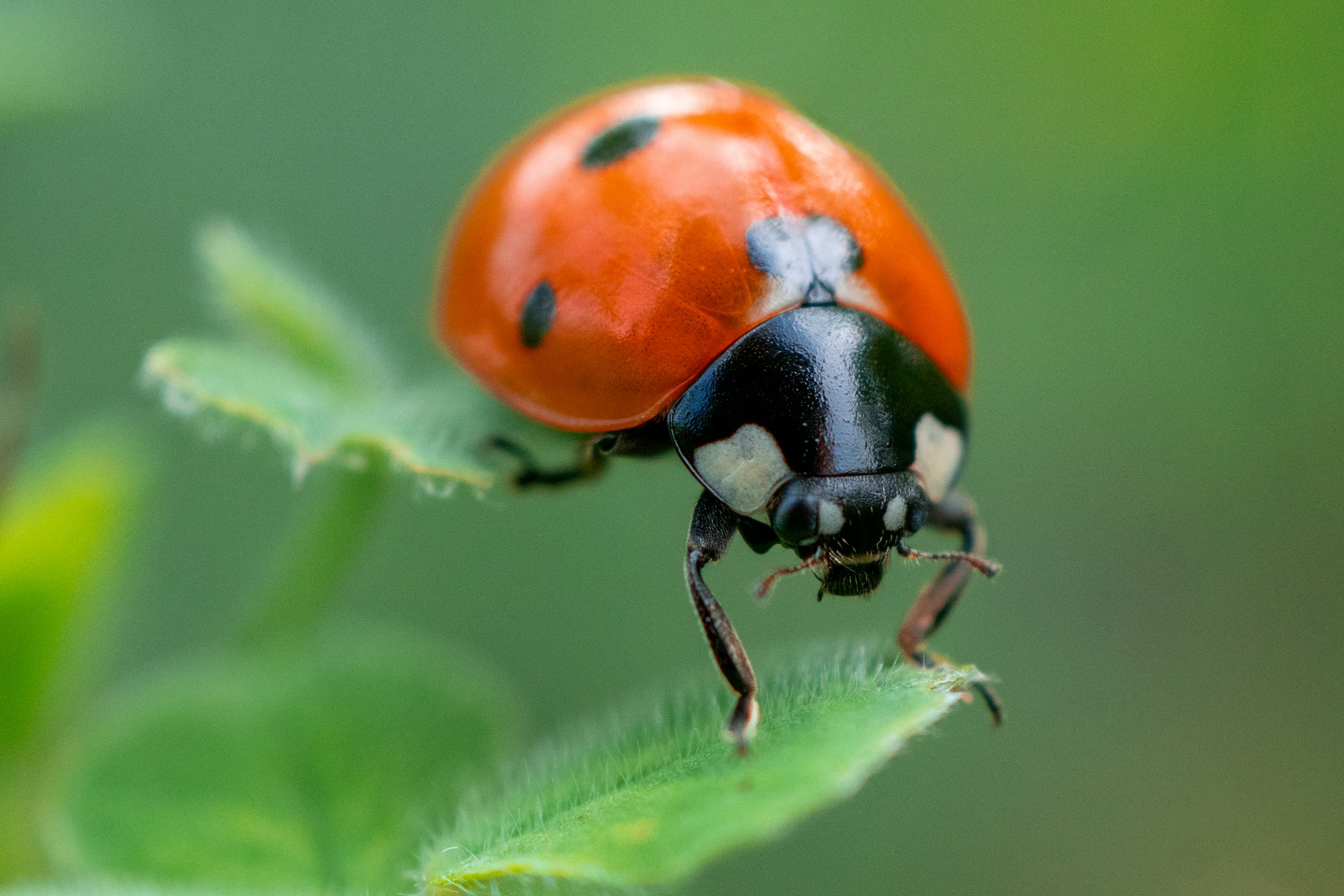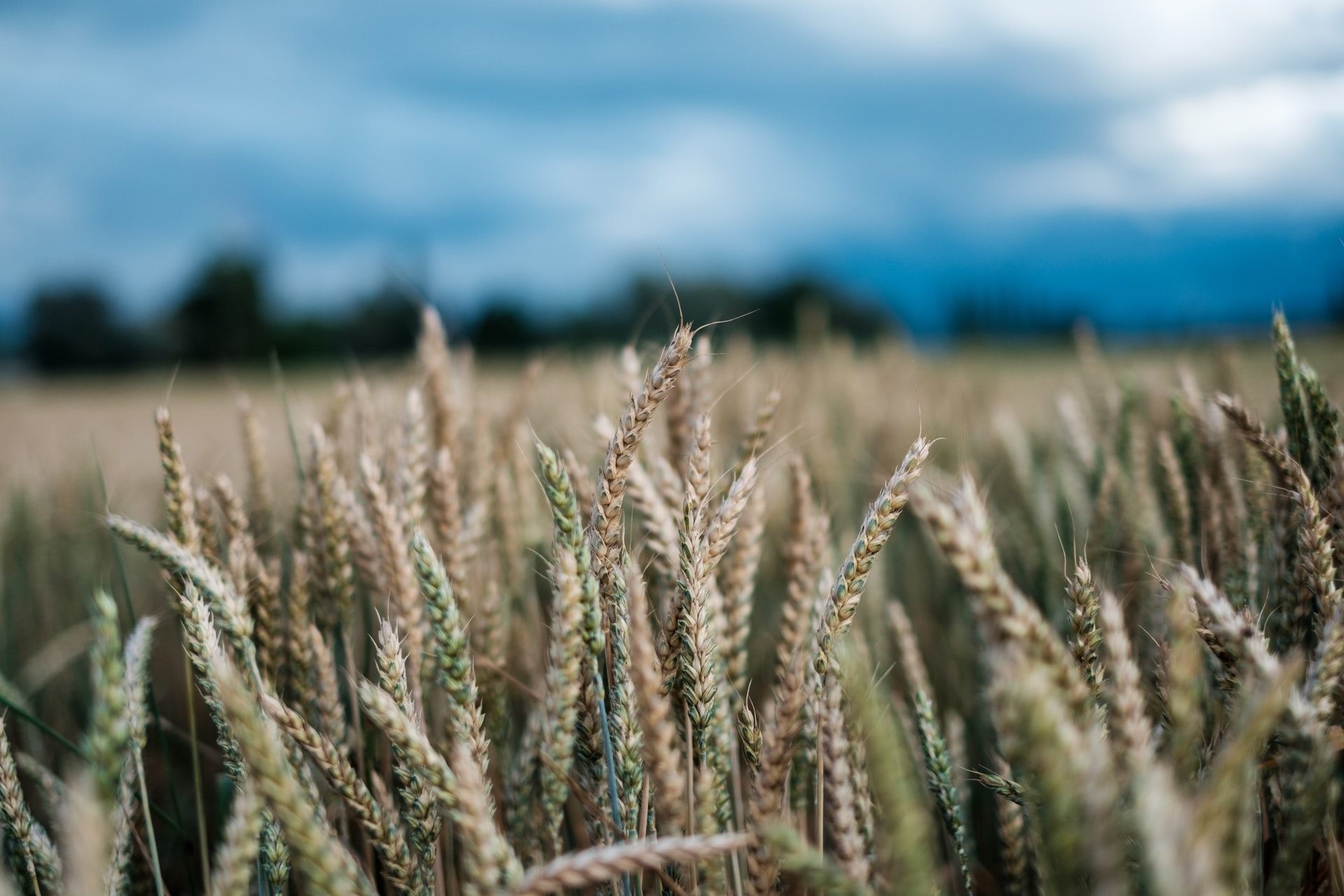GOOD NEWS
Reversible male birth control method, birds and bugs replace pesticides, free online museum of animal specimens
GOOD NEWS
EU proposes world’s first soil law, environmental fund to train hundreds of young people for more diversity
GOOD NEWS
New enzyme variant eats plastic in just 24 hours, Harvard University creates slavery reparation fund, how a kite saves seabirds
GOOD NEWS
Europe’s forests are booming, solar-panel-covered crops grow better, mission-focused skincare
GOOD NEWS
Sunflowers planted by drones, new approach to disarm antibiotic resistance, soundwaves can help regrow bones
GOOD NEWS
Porous pavement prevents floods, dad builds robotic exoskeleton to help son walk, solar-powered restaurant
GOOD NEWS
Italy bans cruise ships from Venice, Bangladesh’s floating gardens, world’s first needle-free diabetes test
GOOD NEWS
Web inventor Tim Berners-Lee wants to remake cyberspace, TikTok users design pill bottle for people with Parkinson’s
GOOD NEWS
A look back at the most exciting stories of 2020 and a Happy New Year!
GOOD NEWS
Eco-friendly agriculture doesn’t compromise yields, injection prevents women from contracting HIV
GOOD NEWS
Self-watering soil, solar-powered bionic arms, French firm recycles face masks
GOOD NEWS
Israel to ban fur trade, graphene battery generates limitless power, Canada’s first Black party leader
GOOD NEWS
Enlarging US National Parks, Worms Save the Earth, Paid Leave for Domestic Abuse Victims
In a uniquely bipartisan effort, the US Senate passes a bill to enlarge existing national parks and open new ones throughout California, Utah, Montana, and Oregon, a woman is raising tiger worms to help replenish the Earth’s diminishing soil, and the Scottish Council offers paid leave for survivors of domestic violence.
















